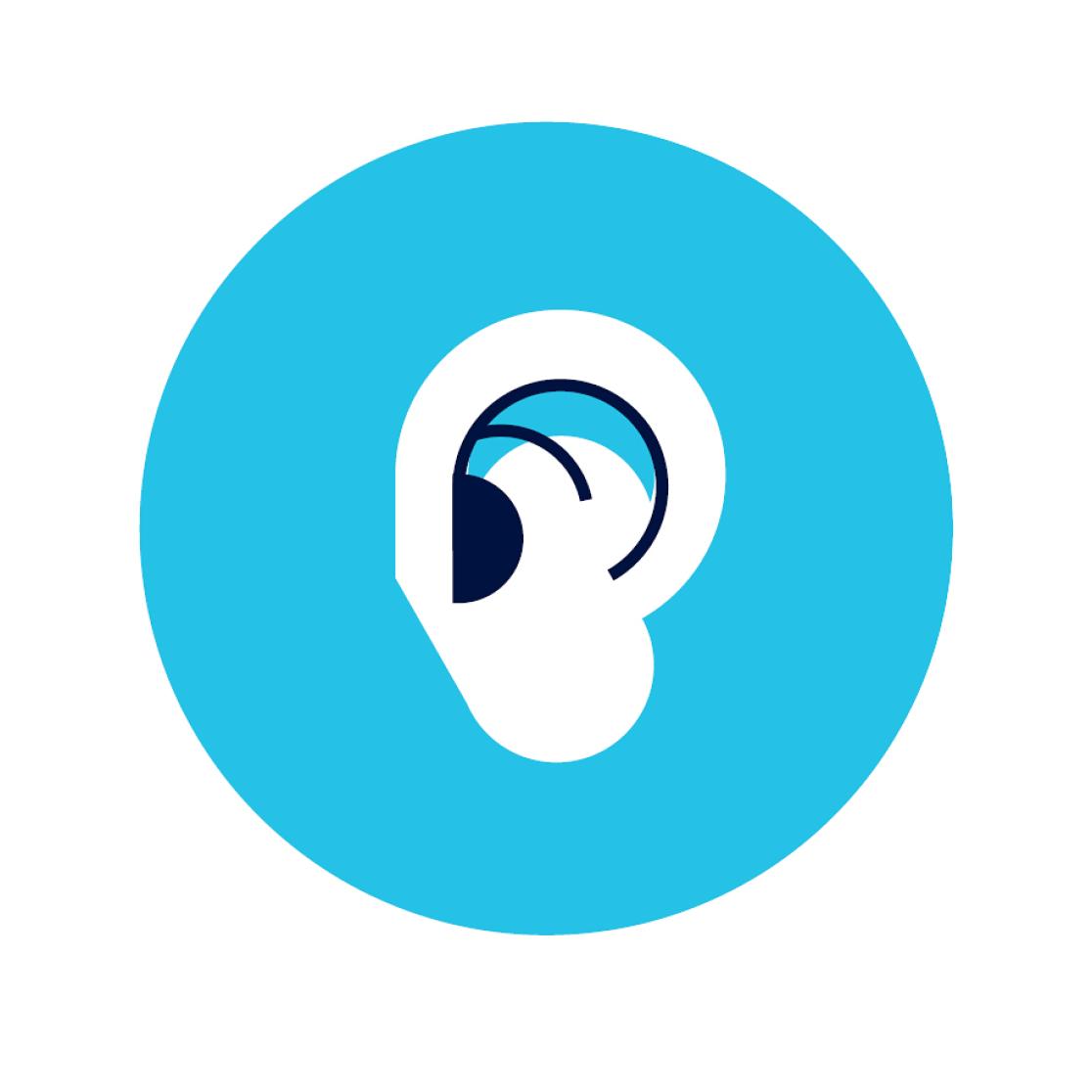Support
Negative sexual experiences can be accompanied by a great deal of doubt and insecurity. You might worry that you’re overreacting, that you’re looking at the situation the wrong way, or that what you experienced “wasn’t that bad”. You may also find that you are afraid – for example of consequences such as people seeing you differently, or saying it was your fault.
But first of all, if an experience gives you a bad feeling, your emotions are valid. And secondly, it is never your fault if someone violates your boundaries.
Sexual violence affects people regardless of gender, age, sexual orientation, disability, race, ability or disability. People of all genders can experience it.
Whatever you have been through, you can always knock on our door. It can be helpful to talk about any doubts and uncertainties you may have. We always listen to what you want. If you would like more support, we will help you explore your options in a way that suits you.
It's worth being aware that your first port of call may not lead directly to the kind of support that is best for you. Finding the right kind of support may take time, but you don't have to do it alone. We are happy to help you look and offer a supportive ear.
We are continuously working on the information on this page. If you have any comments or suggestions, please contact us at sexualsafetyum@maastrichtuniversity.nl.
Report undesirable behaviour
If you are experiencing any kind of undesirable behaviour, you can contact the UM student confidential advisor.
Support within the university
Social Safety Team
Contact the team if you feel unsafe on campus, have an upsetting experience, or have concerns. You can talk to a team member or make a report about an inappropriate situation at any time.
The Social Safety Team can listen to what you have to say, offer advice, provide practical support, represent your interests, and help you make a report or complaint. You decide what steps you would like to take to follow up the issue.
The Social Safety Team is an independent body that monitors safety at the university. It is a local point of contact for support and reporting issues, and helps write university policies. The team is made up of a coordinator, an ombudsperson, and several confidential advisers.
The coordinator is the first point of contact, acts as a link between the different parties involved, and understands how to navigate the university’s formal channels. That way you don't have to keep repeating your account of what happened.
The confidential adviser is there to provide tangible support and represent your interests.
Contact the team via their overview page.
Want to know more about support within the university? Go to the Canvas course on Sexual Safety.

Support outside the university
Sexual Assault Center
Contact the Sexual Assault Centre if you need easily accessible or urgent support following an experience of sexual violence (whether online or offline), and are looking for initial advice or are considering reporting the incident to the police.
The CSG offers mental health support following an incident, a sympathetic ear, and practical help in finding solutions or making a police report.
The CSG specialises in providing support for cases of sexual violence. It is an association of forensic, medical, and mental health professionals.
You can contact the CSG by phone or chat 24/7. The service is free and you can remain anonymous. They offer support to everyone, regardless of gender, age, sexual orientation, disability, or race.
- The CSG recommends getting in touch within 7 days of an incident in order to give them the best chance of recording evidence. This CSG information sheet provides information about preserving evidence.
- While the CSG is more able to take effective action within seven days, you can absolutely contact them after this period as well. Feel free to contact them whether your experience was 6 days, two weeks, or ten years ago.
Want to know more about support within the university? Go to the Canvas course on Sexual Safety
